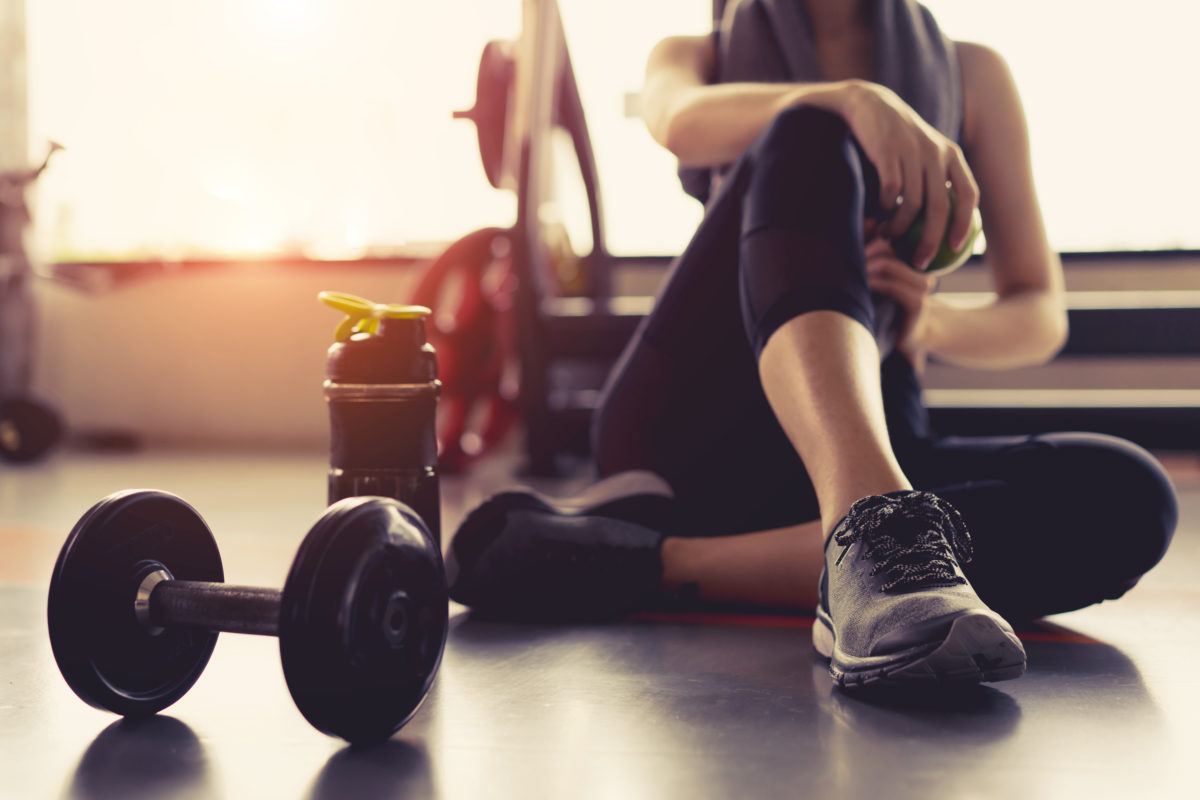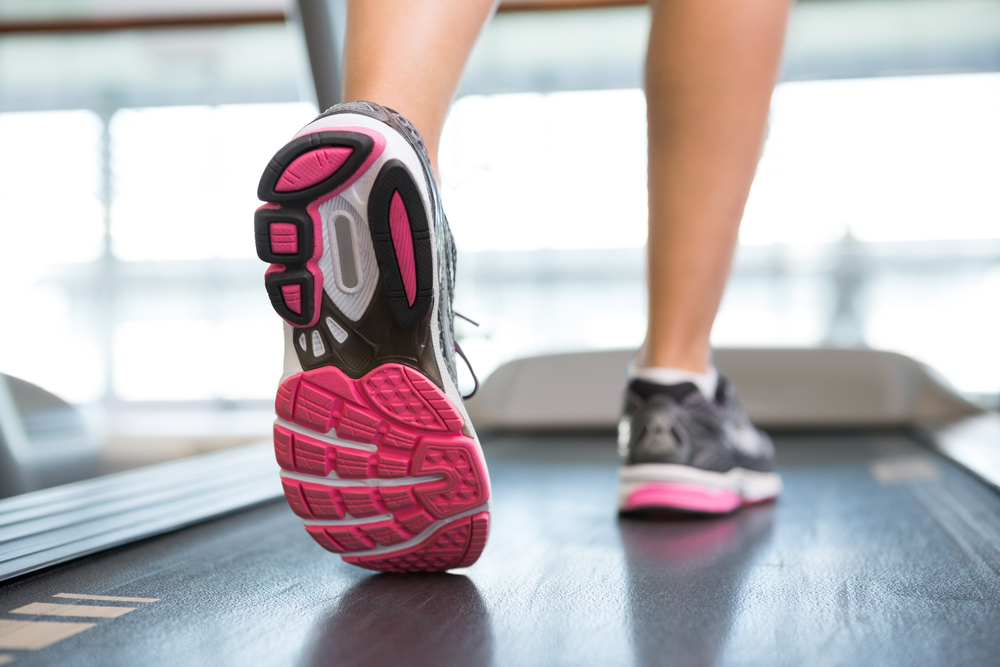
While some people seem to have a strong immune system, others are more prone to illness and as a result are constantly sick. We’ve all heard that exercise can boost the immune system—and indeed it is actually true that physical activity can strengthen the body’s defenses. But does exercise in general boost the immune system, or is it just specific sports that can help improve the body’s defenses?
The effect of exercise on our immune system
The boost our immune system gets from exercise is due to the hormone adrenaline. This hormone is released during physical activity, ensuring that our defense cells proliferate more quickly and are more active. The so-called natural killer cells, or NK cells, and also white blood cells and both T lymphocytes and B lymphocytes, are all found in higher concentrations in the blood during physical activity. However, as soon as the concentration of the hormone adrenaline decreases once more, the number of defense cells in the blood also drops with it.
For starters, this is a temporary effect, then. Yet it nevertheless has a long-term, positive effect on our immune system: exercise essentially trains our defense cells to be more effective. This makes them more effective at fighting harmful cells and makes the lymphocytes more active. As a result, athletes are much less likely to suffer from colds and even respiratory infections.
But is the same true for all athletes and for every kind of sport?
Which form of exercise boosts the immune system?
In principle, it’s not about which sport you do but about the amount you do. You shouldn’t push yourself to your absolute limit but instead train in moderation. The important thing is that you continue to see it as relaxing. Jogging, cycling, and swimming are all ideal. These sports allow you to tailor the speed—and thus the level of physical exertion—precisely. Of course, that doesn’t mean that you always have to swim, cycle, or jog slowly. It’s important for you to push yourself, too. Otherwise, you’ll probably find your training becomes too boring in the long run. So, as a rule of thumb:
- You should do 65 to 70 percent of your training at a relaxed pace, 20 to 25 percent at a medium intensity, and no more than 5 percent of your training should be designed to completely wear you out.

But how do you know how to train at a relaxed pace, at medium intensity, or at your limits?
Knowing your training heart rate and maximum heart rate will help with this. To enable you to boost your immune system, you should not train above the aerobic range—at least, not for the majority of your training session. This means that your training heart rate should not exceed 70% to 80% of your maximum heart rate. You should only go above your maximum heart rate for the 5 percent of the training session when you really push yourself to your limits.
We also look at exactly how you can train more effectively using your heart rate in our article on Working with Your Heart Rate for More Effective Running
What happens if you overexert yourself
Usually, your body will quickly let you know if you’ve overdone it as you’ll have sore muscles, but not many people are aware of what happens to your immune system and your body’s defenses as a result. As the saying goes, less is more in this case. If you overexert yourself when exercising, unfortunately you may even weaken your immune system. Experts in this area talk of the ‘open window’ theory. As described above, this is when the number of defense cells initially increases rapidly during exercise, but then rapidly declines again in the recovery period following strenuous exercise and is even lower than before exercising. As a result, athletes are particularly susceptible to infections during this period.
Other positive effects exercise can have
In addition to strengthening the immune system, sport can also have a number of other positive effects on our body:
- Exercise makes your heart stronger: By taking part in endurance sports on a regular basis, you make your heart muscles stronger. As a result, your heart is then able to pump more blood around your body with one beat and therefore does not need to beat as fast. This protects your heart and improves your circulation.
- Improved cholesterol levels: Physical activity lowers bad (LDL) cholesterol and increases good (HDL) cholesterol on the other hand.
- Stronger bones: Exercise increases bone formation, and since bone density can decrease steadily from the age of 35, exercise is the best way of preventing this.
- Exercise can boost mental performance: Exercise improves the blood flow to the brain, which also improves our cognitive health.
- Weight loss through exercise: The subject of weight loss is, of course, inevitably linked to diet. Yet without exercise, usually very little happens. Exercising regularly helps you to maintain your weight and feel better in your body, too.
Besides exercise, you can also boost your immune system by getting enough sleep, eating a balanced diet and avoiding stress. So, if you go combine a healthy lifestyle with moderate endurance training and a little strength training, you’ll definitely be doing your immune system a favor!